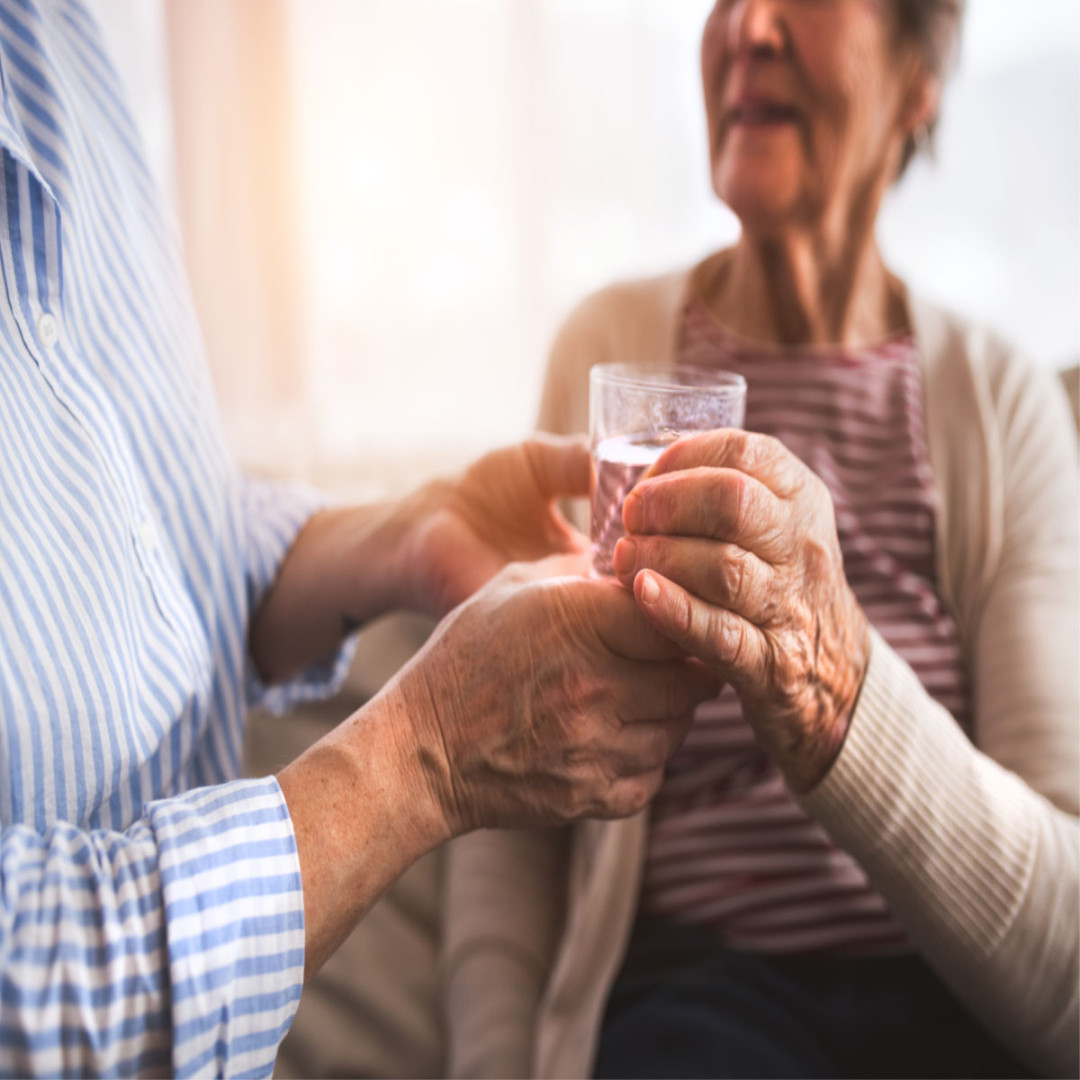The warmer weather may finally be here, but too much heat is not safe for anyone. It is even riskier if you are older or have health problems. It is important to get relief from the heat quickly. If not, you might begin to feel confused or faint.
Older people can have a tough time dealing with heat and humidity. The temperature inside or outside does not have to reach 100°F (38°C) to put them at risk for a heat-related illness. Headache, confusion, dizziness, or nausea could be a sign of a heat-related illness. Being hot for too long can be a problem (especially without air conditioning) and can cause several illnesses:
Heat syncope is a sudden dizziness that can happen when you are active in hot weather. If you take a heart medication (beta blocker) or are not used to hot weather, you are even more likely to feel faint. Rest in a cool place, put legs up, and drink water to make the dizzy feeling go away.
Heat cramps are the painful tightening of muscles in your stomach, arms, or legs. Cramps can result from hard work or exercise. Though your body temperature and pulse usually stay normal during heat cramps, your skin may feel moist and cool. Rest in the shade or in a cool building. Drink fluids (no alcohol or caffeine.)
Heat edema is a swelling in your ankles and feet when you get hot. Put your legs up to help reduce swelling. If that doesn’t work fairly quickly, check with a health professional.
Heat exhaustion is a warning that your body can no longer keep itself cool. You might feel thirsty, dizzy, weak, uncoordinated, and nauseated. You may sweat a lot. Your body temperature may stay normal, but your skin may feel cold and clammy. Some people have a rapid pulse. Rest in a cool place and get plenty of fluids. If you don’t feel better soon, get medical care. Be careful—heat exhaustion can progress to heat stroke.
Heat stroke is the most serious heat-related illness. It occurs when the body is unable to control its temperature: the body's temperature rises rapidly, the body loses its ability to sweat, and it is unable to cool down. Temperature rises to 106°F or higher in 10 to 15 minutes. Heat stroke can cause death or permanent disability. This is a medical emergency; get help immediately.
Tips for Keeping Cool
- Drink plenty of liquids, such as water or fruit or vegetable juices. Stay away from drinks containing alcohol or caffeine.
- If you do not have fans or air conditioning, try to keep your home as cool as possible. Limit use of the oven. Keep shades, blinds, or curtains closed at hottest part of the day. Open windows at night.
- Dress for the weather. Some people find natural fabrics, such as cotton, to be cooler than synthetic fibers.
- Don’t try to exercise or do activities outdoors when it’s hot.
Source: Centers for Disease Control and Prevention (edited for space and content).















